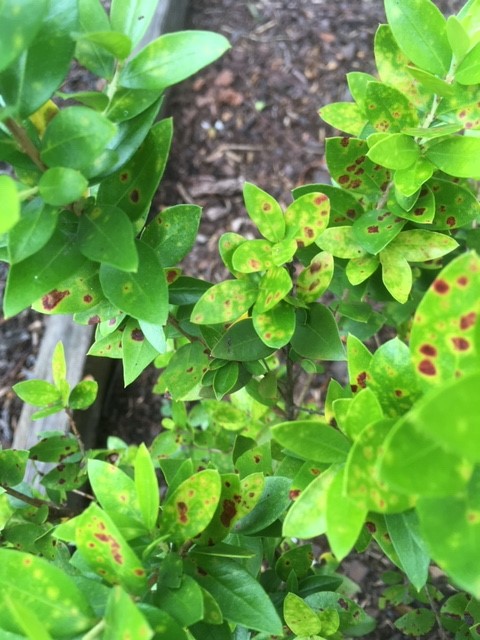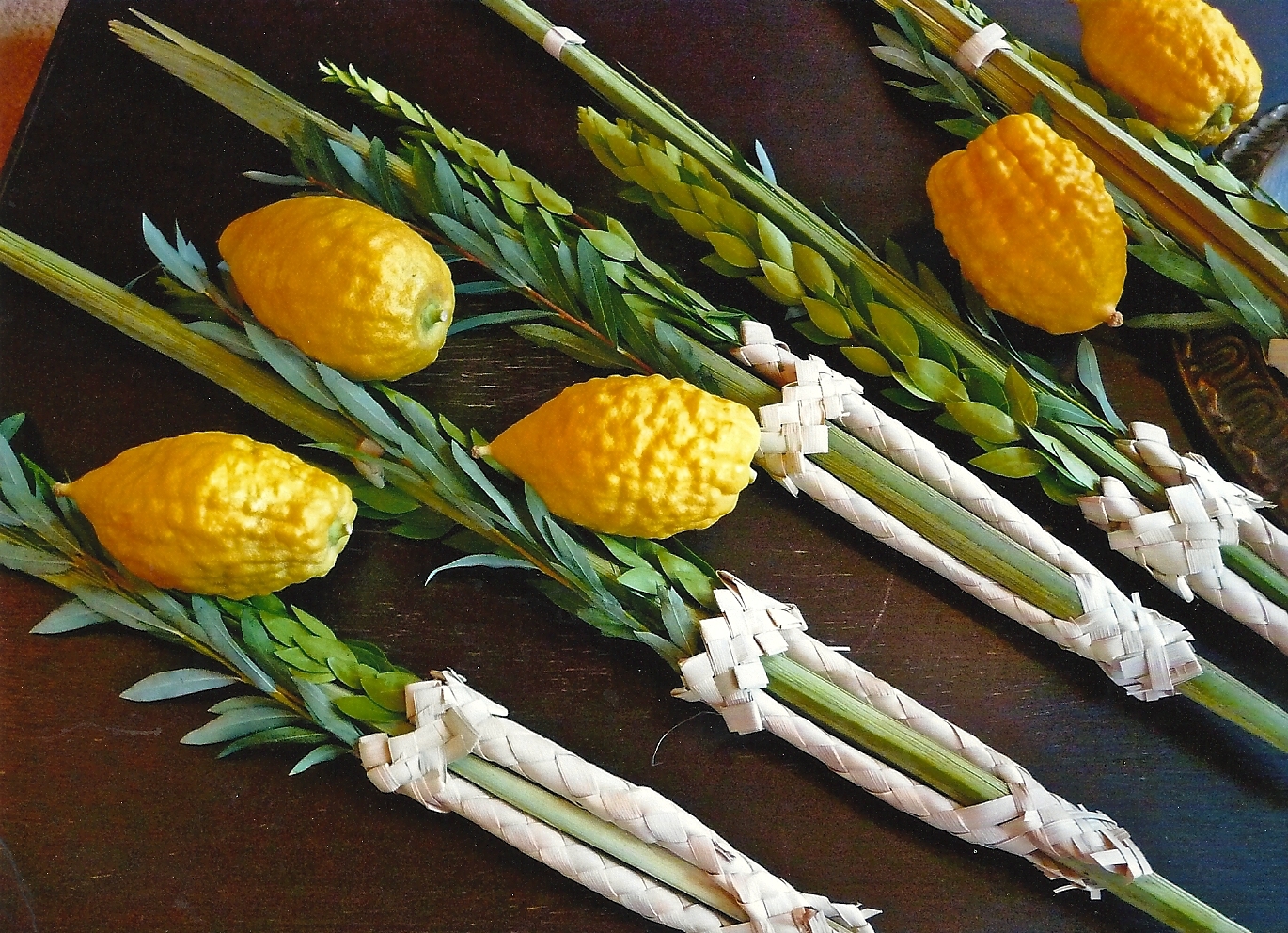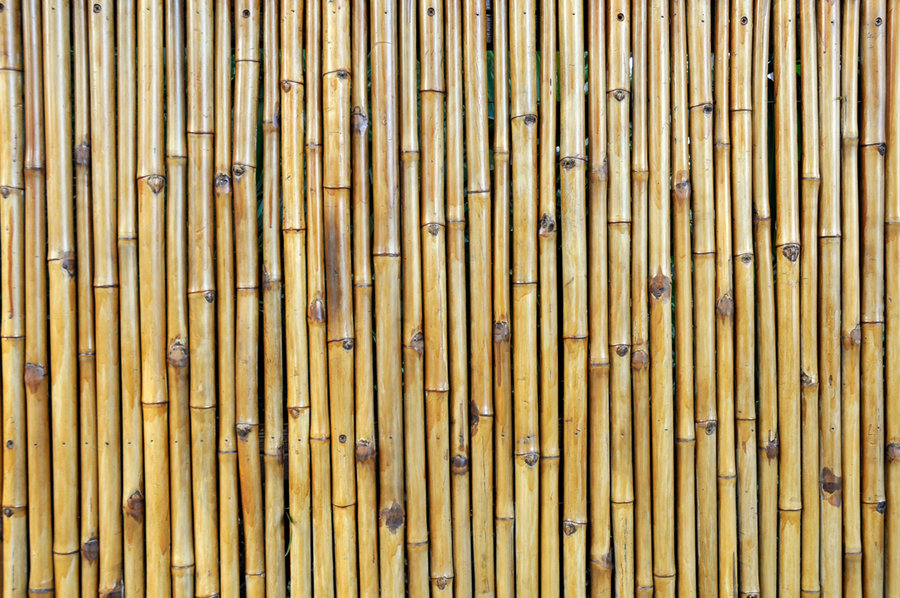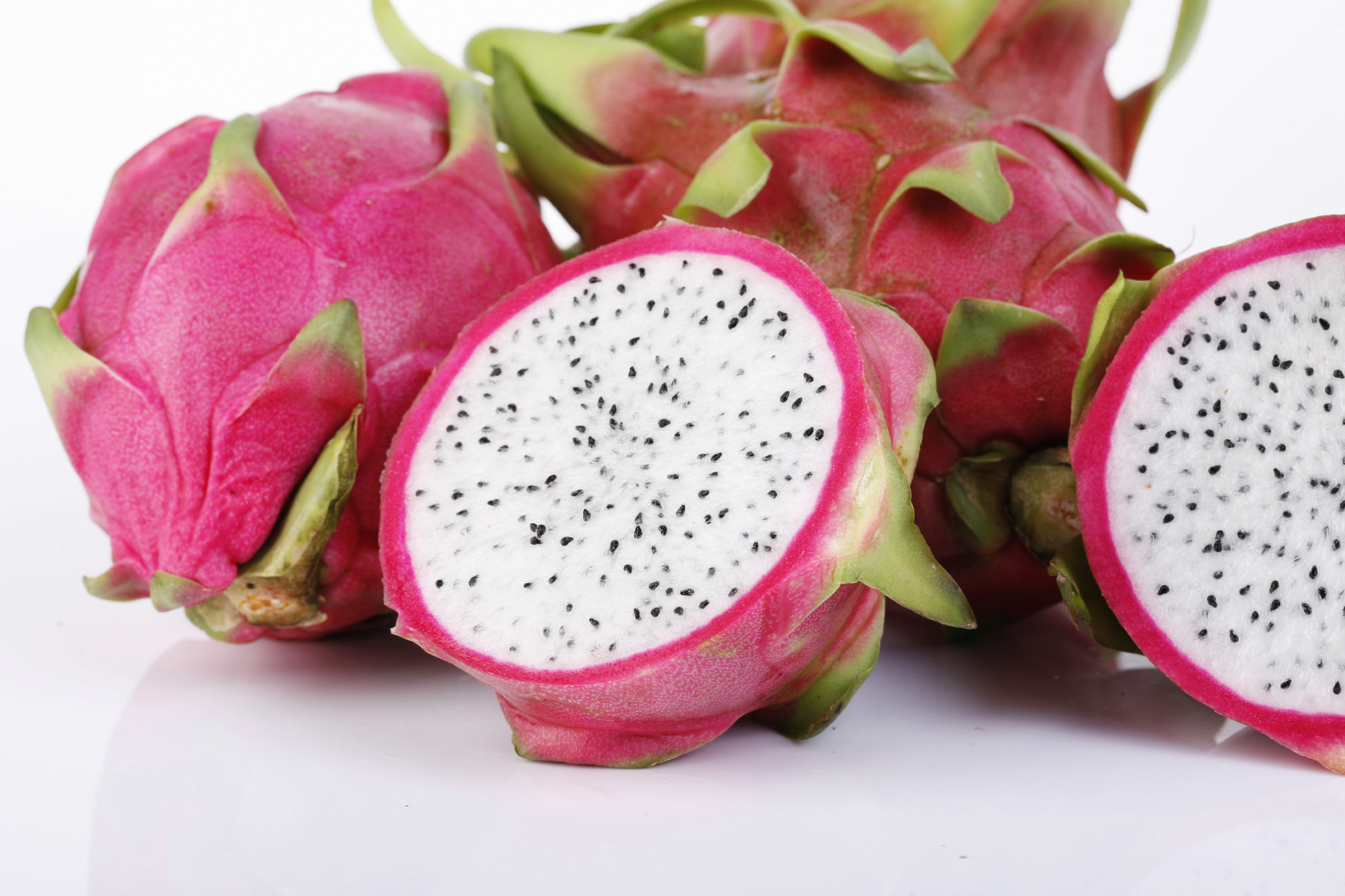
Singing the Hadassim Blues in Memphis
With Sukkot on the horizon, one of my rabbinic tasks was making sure that the Young Israel of Memphis’s aravot (willow) and hadassim (myrtle) gardens were getting all the TLC they...
Oct 10, 2019
By Rabbi Akiva Males

Rabbi Soloveitchik on Ari Fuld zk”l and the Willow...
“The lion has roared, who will not fear” (Amos:3:8). “אַרְיֵה שָׁאָג, מִי לֹא יִירָא” The Shelah Hakadosh (Rabbi Isaiah Horowitz 1555-1630) suggests that this verse hints to this precise time of...
Sep 26, 2018
By Rabbi Aaron Goldscheider

All About Hoshanos
From OU Holidays! What are Hoshanos? Why do we say them? Why is the schedule the way it is? What’s “Ani Vaho?” Find out all this and more with this colorful, downloadable...
Sep 20, 2018
By Rabbi Jack Abramowitz

If Your Sukkah and Your Lulav Could Talk…
Shlomo Horwitz is the founding director of Jewish Crossroads, an educational theater project that has provided creative Torah programming across the US, Canada, England and Israel. He studied at Yeshivat Shaalvim...
Sep 20, 2018
By Shlomo Horwitz
A Very Urban Sukkot
Sukkos – for many, it’s summer’s last hurrah. Being outdoors, hopefully in green, lush and warm (or not too cold) surroundings. A pleasant return to nature before autumn really kicks in....
Oct 2, 2015
By Rabbi Avrohom Gordimer

Sukkot Meals Pure and Simple
“What do you do in the sukkah?” I once heard an interviewer ask a man as the holiday of Sukkot approached. His reply? “You eat, and you eat and then–you eat...
Aug 20, 2015
By Renee Chernin

Sukkot: The Lulav
At Sukkot we fulfill the mitzva of taking the four species – etrog (citron), lulav (palm), hadas (myrtle) and arava (willow). While we must take all four kinds to fulfill the...
Oct 1, 2009
By Asher Meir

Sukkot: A Sukkah Life
For most, it remains an enigma. We say it; it seems like it fits – but one suspects that we are essentially clueless (an admitted projection) to its Sukkos significance. I...
Sep 30, 2009
By Rabbi Asher Brander

The Year of the Flying Sukkah
This story took place close to a decade ago. Although it’s about a flying Sukkah, it really began about a week before the holiday, when the stores throughout Jerusalem were selling...
Oct 6, 2008
By Debbie Shapiro

Cooking Up The Curious, The Oddly Shaped, The Colorful...
Photo by Nick Koon We have a wonderful tradition at Rosh Hashanah of eating new fruits of the season. What did you choose? Pomegranate? Apple? And what will be suspended from...
Oct 6, 2008
By Judy Bart Kancigor
- 1
- 2
Discover More
- Anti-Semitism
- Around the OU
- Arts & Media
- Aseret Yemei Teshuvah
- Chanukah
- Community
- Convention
- Cooking
- Dating
- Divorce
- Education
- Fast of Asarah B'Tevet
- Fast of Esther
- Fast of Gedaliah
- Fast of Shiva Assar B'Taamuz
- Fast of Tisha B'Av
- Food
- Giveaways
- Growth
- Health
- History
- Holidays
- Holocaust
- Inspiration
- Israel
- Kosher
- Lag BaOmer
- Marriage
- Meet the OU
- Mental Health
- Money
- News
- News & Op-Ed
- Obituary
- Other
- Parenting
- Pesach
- Physical Health
- Pregnancy
- Purim & 4 Parshiyot
- Recipes
- Relationships
- Rosh Chodesh
- Rosh Hashanah
- Sefirat HaOmer
- Shavuot
- Shemini Atzeret/Simchat Torah
- Sukkot
- Technology
- thank you pages
- The 3 Weeks
- Torah
- Travel
- Tribute
- Tu B'Av
- Tu B'Shevat
- Yamim Noraim
- Yom Ha'atzmaut
- Yom HaShoah
- Yom HaZikaron
- Yom Kippur
- Yom Yerushalayim
Subscribe To The OU’s Shabbat Shalom Weekly Newsletter
Weekly email newsletter filled with articles, Divrei Torah, upcoming events and more! Sign up today.


